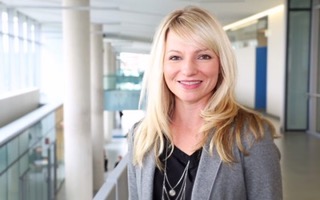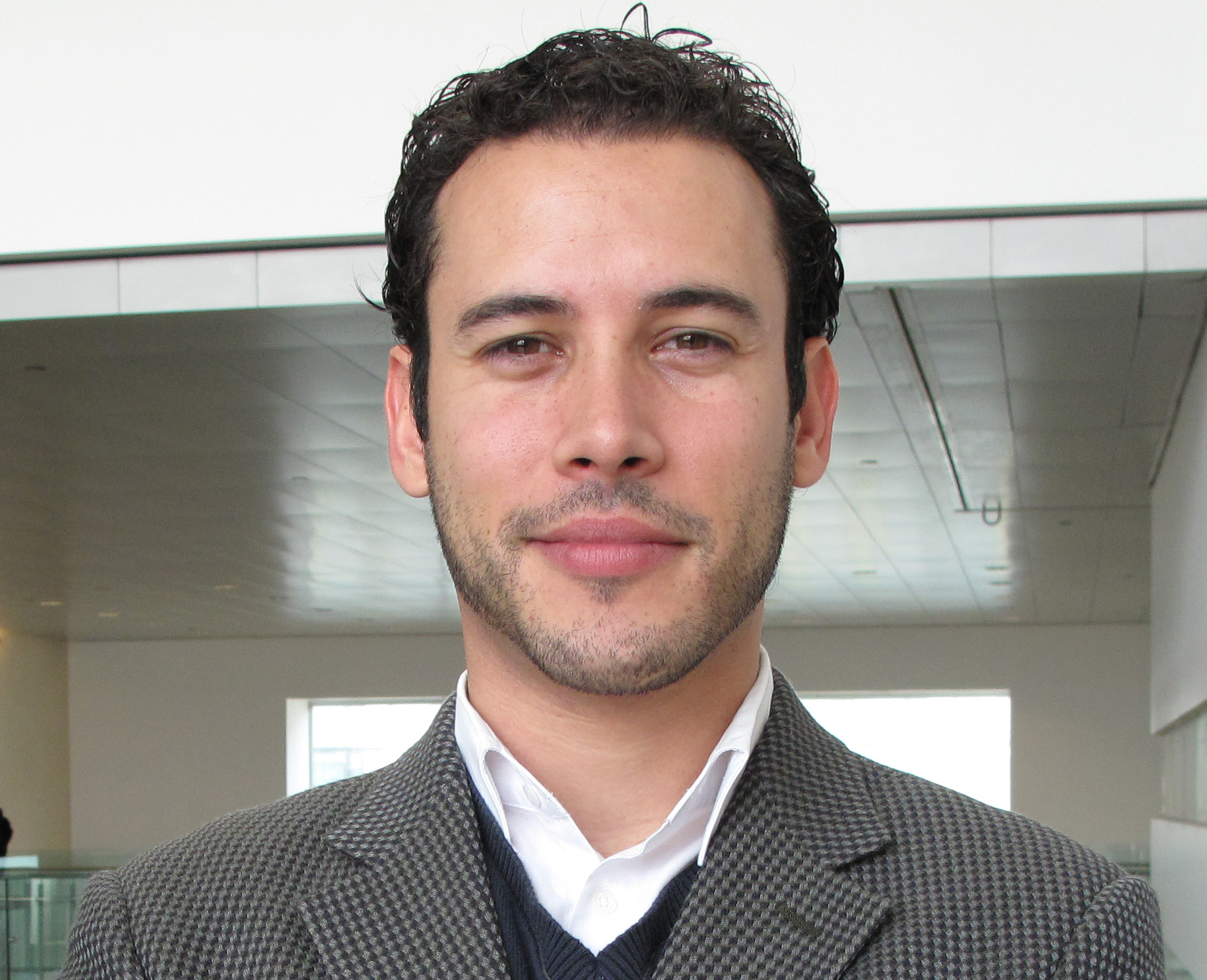Webinar - ONTABA Professional Series - Employment & Human Resources Issues During COVID with Kendra Thomson & Nancy Marchese
The global pandemic has impacted every corner of society including how specialized behavioral services and supervision are delivered. Practitioners have had to pivot to delivering services remotely which has required innovation and patience of all involved. This webinar is geared towards practitioners providing behavior analytic services to clients and behavior analytic supervision to trainees. Guidelines for compassionate care during these unprecedented times will be discussed in addition to ideas for continuing to provide high quality supervision to trainees. Learning objectives:
1. Participants will become familiar with an overview of the literature and practice recommendations for delivery ABA services within a compassionate care framework
2. Participants will become familiar with innovative ways to continue to support behavior analytic supervisees during pandemic related restrictions
Additional sessions in this series:
1. Employment & Human Resources Issues During COVID-19 with Natasha Danson
Presenters:
Kendra Thomson is an Associate Professor in Applied Disability Studies at Brock University, a Doctoral-level Board Certified Behavior Analyst (BCBA-D), and a clinician-scientist in the Azrieli Adult Neurodevelopmental Centre at the Centre for Addiction and Mental Health in Toronto, Ontario. Kendra has almost 20 years of experience in various clinical and research settings supporting people with intellectual and/or developmental disabilities (I/DD) across the lifespan. Kendra, her graduate students, and their community partners have published research in: Journal of Applied Behavior Analysis, Behavior Analysis: Research & Practice, and Journal of Autism and Developmental Disorders. She is currently the president of the Ontario Association of Behaviour Analysis, and past-co-chair of the professional regulation committee.
Nancy is the Executive Director and Founder of Breakthrough Autism. A Board Certified Behavior Analyst (BCBA) and Clinical Psychologist, she completed her Master of Arts in Psychology with a specialization in Behavior Analysis at the University of Nevada, Reno. She is currently working on her PhD in Behavior Analysis through Endicott College. Nancy has published research in the flagship Journal of Applied Behavior Analysis (JABA) and has presented at both provincial and international conferences. Nancy is currently the president-elect of the Ontario Association of Behaviour Analysis. Based on her extensive expertise and clinical experience, Nancy was appointed to serve on the ASD-Clinical Expert Committee (CEC) for what was formerly known as the Ministry of Children and Youth Services.

















